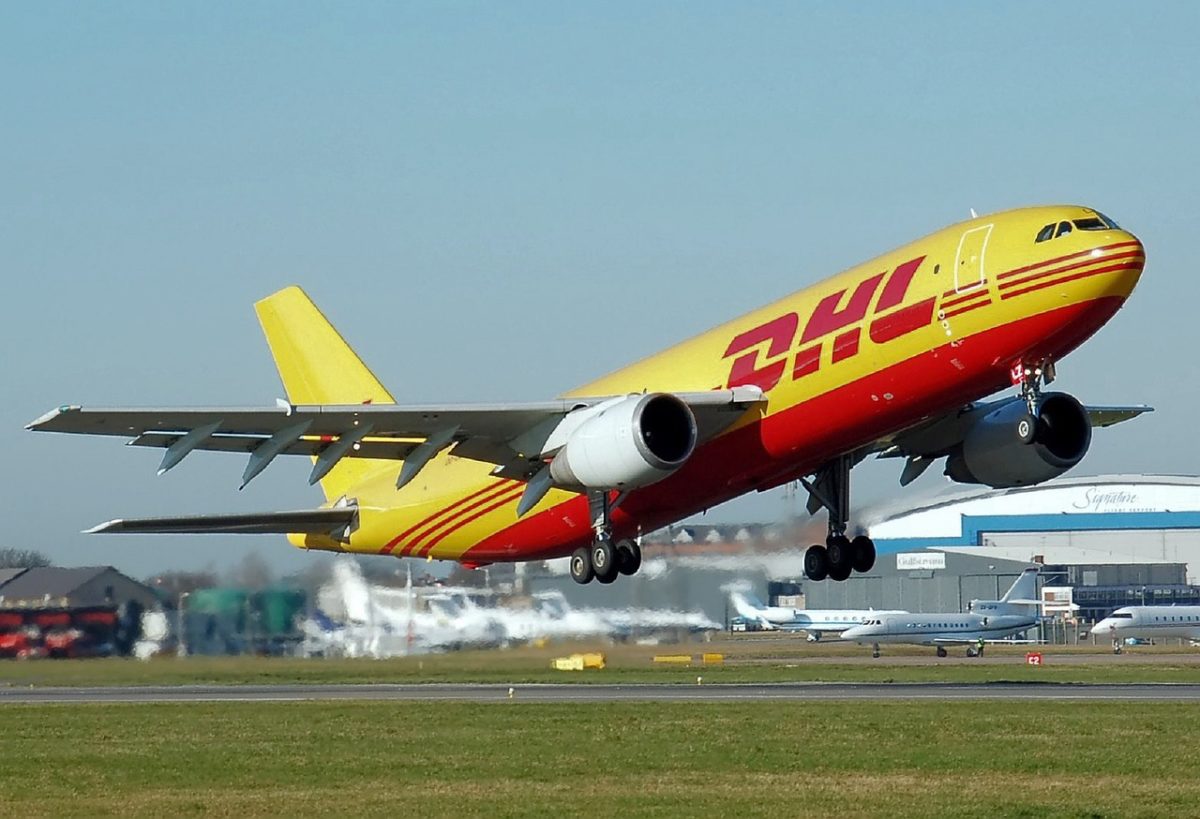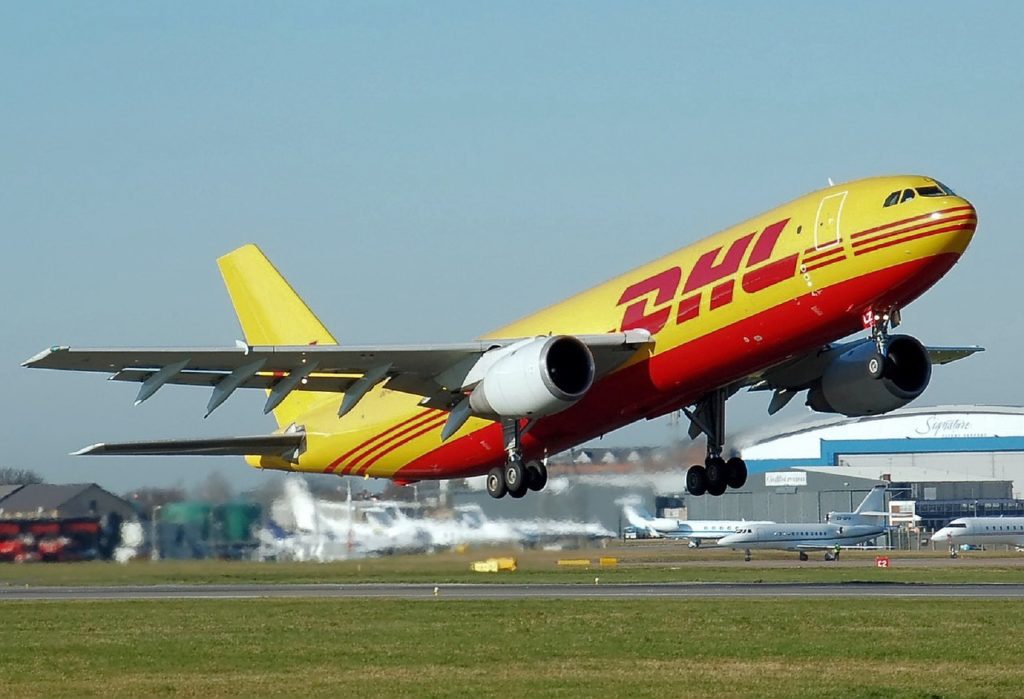
Global trade unions recently unveiled a report into how Deutsche Post DHL treats its workers, at the company’s AGM in Frankfurt, Germany in early May. They launched a white paper entitled: Corporate Irresponsibility, Deutsche Post DHL’s Global Labour Practices Exposed, which exposed alleged records of union avoidance outside of Europe and overuse of temporary or agency workers. Shareholders were urged to help clean up the logistics multinational and ensure that high standards were met throughout its operations.
The research carried out by UNI Global Union and the ITF (International Transport Workers’ Federation) purports widespread and systematic abuses regarding freedom of association and precarious work. It alleges that in many countries—including Malaysia, Indonesia and India—subcontracted workers have been paid substantially less than regular workers while doing exactly the same work. In Colombia, Costa Rica and South Africa, the company is also said to have forced workers to submit to lie detector tests, in spite
of the company’s initial position that it did not tolerate the use of such tests. The company has also been fined substantial amounts of money for health and safety violations, notably earlier this year in the US where DP-DHL subsidiary Exel was fined almost USD300,000.
The report provides evidence holding the company to account and demanding it meet its aspirations as a responsible enterprise in every country where it operates, not just in its home base, Germany. The campaign is being supported by the 175-million member International Trade Union Confederation (ITUC). As well as targeting the company’s leadership, the unions will also seek to persuade shareholders that this is an issue for them too, and have written to them to say: ‘We find it unbelievable that a company of Deutsche Post DHL’s size and aspirations can find itself unable to put a figure to the number of agency workers it uses, even though many of them are on poverty wages and are being put at risk of injury and death. We find it unacceptable that DHL workers have suffered intimidation, bullying and worse, and that the company can’t even get its facts straight on the use of lie detectors against staff.’
Philip Jennings, General Secretary, UNI Global Union commented, “If I were a shareholder, I would be asking some serious questions. DHL’s global practices are a definite risk to the company’s ethics, reputation and image. This new report shows a shopping list of labour violations. DHL clearly needs to address these concerns if it is to be seen as an ethical and responsible global operator.”
David Cockroft, General Secretary, ITF added, “At its best this company is very good indeed. At its worst it is racking up fines, allowing shameful abuses such as the use of lie detector tests and intimidation against innocent workers and using workers employed on the cheap and with inadequate protection. Yet the high corporate responsibility ideals it aspires to are almost within its reach. It just needs to guarantee a decent standard of treatment for all its workers, not just some.”
UNI Global Union and the ITF are continuing to encourage DHL to sign a global framework agreement to help ensure that the company respects the same core rights of its employees in every country in which it operates.





